Kacie is 20 years old, lives in NSW and identifies as a person with a diagnosis of BPD
What was your experience of receiving a diagnosis of BPD?
I had never heard of BPD I was terrified when I received the diagnosis. I had previously been diagnosed with depression and I felt I was be being “relabelled”. Thankfully I had a great support network who made finding information and others with lived experience easy.
What would you like people newly experienced with BPD to know?
There many people who will support you along this journey, it may not be easy but you are brave and you can do it. Recovery requires access to appropriate treatment, resources and safe spaces to do hard work. If anyone uses stigmatising language, it is often because they are not well educated or trained in working with people experiencing BPD.
What did clinicians and mental health professionals do well to support you?
Talking to me as an equal and being specifically trained in using DBT. My current mental health professional accommodates my needs, listens to me when I need to vent, holds me accountable and is a joy to spend time with. Find a mental health professional that you ‘click’ with because it can help things be easier. Supportive staff encourage and cheerlead you.
What could clinicians and mental health professionals have done better to help you?
The need for support is often greater than the service capability. Finding a mental health professional with the ability to commit to my treatment long term was very difficult in the beginning. I found I needed to use private health insurance, which is not accessible for everyone. I believe if mental health professionals had the resources to slow down and deliver specialist support instead of “one size fits all”, many people would begin to live well.
What kind of psychological treatments worked well for you?
I am currently doing DBT skills group, including individual psychologist visits. I am recently diagnosed so I haven’t had the opportunity to invest in any other psychological treatment options as yet.
What other things have supported you to live well?
Being in nature is a big part of my life. I enjoy photography, it really helps me focus on the moment and be more aware of my environment. I also enjoy pottery although that is a fairly new activity.
Do you have any tips or tricks for managing distress or strong emotions you would like to share?
Developing a tool kit is vital for me, it’s important to have DBT skills on hand so that you I can manage crisis situations as they arise. Be open and willing - sometimes we know the skill we need to use or what we need to do to manage our distress but we struggle to be willing. For me, this is in regards to anger. Make a self-soothing box or bag to keep with you, these often have a photo of a loved one, sensory toys, hand lotion, essential oils- engaging the five senses.
What advice would you give to friends/family supporting someone with a diagnosis of BPD?
They need your support; it is hard and sometimes messy but keep fighting for them. Research as much as possible and understand there may be setbacks, with support it is much easier to try again.
What are a few things you thought you might not have been able to do but you did anyway?!
I moved out of home and I’m in a stable long-term relationship. I have started planning for my future.
